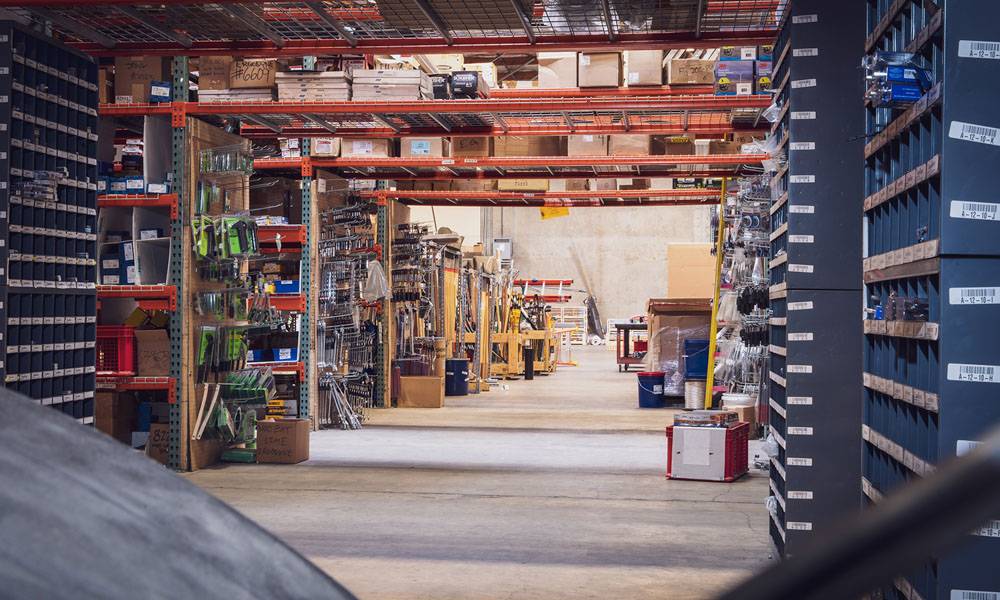
Shipping To Valencia, Spain: A Comprehensive Guide To International Freight
Valencia, Spain’s third-largest city and a bustling Mediterranean port, is a popular destination for international shipping. Whether you are a business owner looking to import or export goods or an individual relocating to Valencia, understanding the shipping process is essential. In this comprehensive guide, we will explore everything you need to know about shipping to Valencia, Spain.
The Port Of Valencia: A Gateway To The Mediterranean
The Port of Valencia, located on the eastern coast of Spain, is one of the busiest and most important ports in the Mediterranean. It serves as a vital gateway for international trade, connecting Europe, Asia, and Africa. The port’s strategic location and state-of-the-art infrastructure make it an ideal destination for shipping goods to and from Valencia.
Types Of Shipping Services
When shipping to Valencia, you have a number of options based on your specific needs. Here are the most common types of shipping services available:
- A) Full Container Load (FCL): If you need to ship a large quantity of products, FCL is the best option. In FCL shipping, you can rent an entire container exclusively for your goods. This provides maximum security and flexibility, allowing you to optimize space and minimize the risk of damage during transit.
- B) Less Than Container Load (LCL): LCL transportation is a cost-effective option for smaller packages that do not require a complete container. In this case, your goods will share a container with shipments from other customers. LCL shipping is suitable for smaller volumes and offers a more economical
- C) Ro-Ro (Roll-On/Roll-Off): Ro-Ro shipping is commonly used for vehicles, machinery, and other wheeled cargo. The cargo is driven onto a specialized vessel, eliminating the need for loading and unloading. This method is efficient and ideal for transporting automobiles and heavy equipment.
- D) Air Freight: When time is of the essence, air freight provides the fastest mode of transportation. Although it is generally more expensive than sea freight, air freight is perfect for urgent and high-value shipments. The Valencia Airport serves as a major air cargo hub, connecting the city to numerous international destinations.
Customs And Documentation
When shipping to Valencia, Spain, it is crucial to comply with all customs requirements and ensure you have the necessary documentation. Here are the key documents you will need:
- A) Bill Of Lading (B/L): The B/L is a legal document issued by the carrier that serves as a contract of carriage and receipt of goods. It provides details about the shipment, including the consignor, consignee, and a description of the goods being transported.
- B) Commercial Invoice: The commercial invoice is a crucial document for customs clearance. It provides a detailed breakdown of the goods, including their value, quantity, and description. Ensure the invoice is accurate and properly completed to avoid delays at customs.
- C) Packing List: The packing list itemizes the contents of each package or container, including their dimensions, weight, and a description. This document helps customs officials verify the contents and ensure compliance with import/export regulations.
- D) Certificate Of Origin: The certificate of origin confirms the country in which the goods were produced or manufactured. It may be required to determine eligibility for trade agreements, duty rates, or import restrictions.
- E) Import/Export Licenses: Depending on the nature of your goods, you may need specific licenses or permits to import or export them to Valencia. It is essential to research and obtain the necessary licenses well in advance to avoid any complications.
Freight Forwarders And Customs Brokers
International shipping can be difficult to understand, especially when it comes to the rules and processes for customs. Working with a reputable freight forwarder or customs broker can simplify the process and ensure smooth transportation of your goods. These professionals have expertise in logistics, customs clearance, and documentation, providing valuable assistance throughout the shipping journey.
Shipping Costs And Transit Times
Shipping costs and transit times to Valencia vary based on origin and destination, shipping method, cargo volume, and seasonal demand, among other factors. To compare prices and services, it is recommended to request estimates from multiple shippers. Keep in mind that cheaper options may result in longer transit times or limited tracking capabilities.
Insurance Coverage
Protecting your cargo during transit is of utmost importance. While shipping companies take necessary precautions, unforeseen events like accidents, theft, or natural disasters can occur. It is advisable to consider obtaining cargo insurance to safeguard your goods against potential risks.
Import Regulations And Duties
Before shipping goods to Valencia, it is essential to familiarize yourself with Spain’s import regulations and customs duties. Certain products may be subject to specific import restrictions or require additional certifications. Researching and complying with these regulations in advance will help avoid delays and ensure a smooth customs clearance process.
In conclusion, shipping to Valencia, Spain involves careful planning, compliance with customs regulations, and collaboration with experienced shipping professionals. By understanding the various shipping services available, preparing the necessary documentation, and working with a reliable shipping provider, you can navigate the complexities of international freight and ensure a smooth and successful shipping experience to the vibrant city of Valencia.




